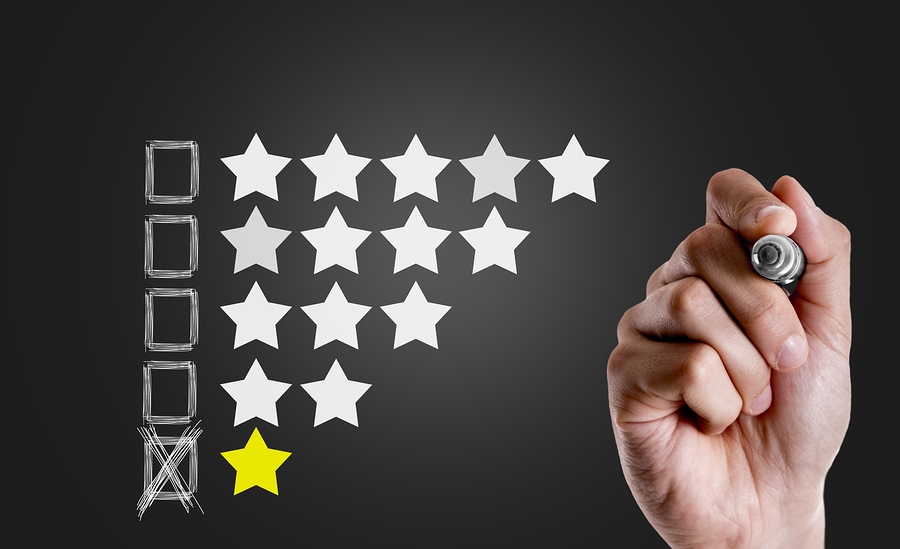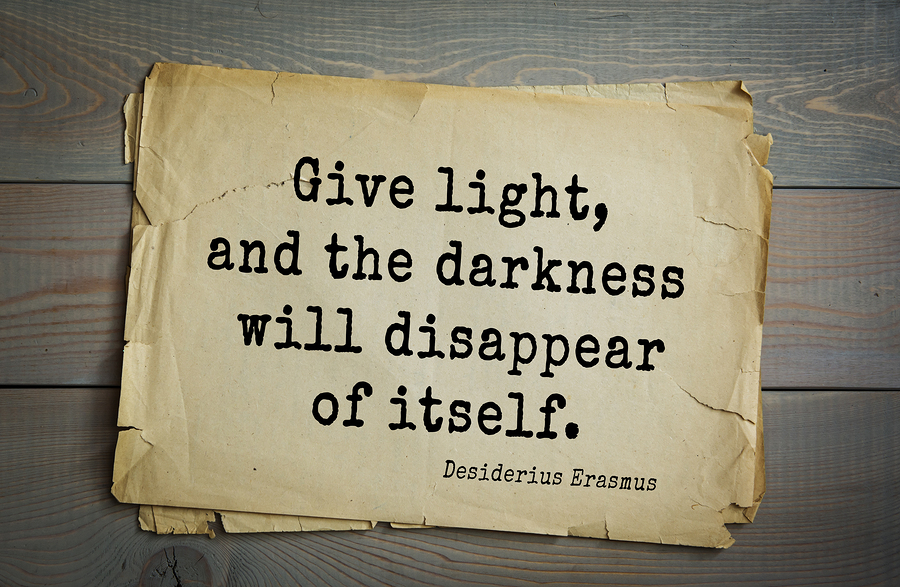The entire book publishing industry, both traditional and self-published, is dependent upon creating books other people will pay money for in sufficient number to make it worthwhile.
Just about everything discussed on this agency blog is intended for people involved in revenue-generating publishing. Most authors can write something and give it away for free. Fewer can write something, which others will value enough to pay for and read.
Like many things in life, if it were easy, anyone could do it.
A word in common use today is “sustainable.” Depending on how it is applied, sustainable actions can relate to just about everything in life. It’s another way to describe a long-term approach versus a short-term one.
Sustainable businesses are those who practice corporate culture allowing it to operate profitably and long-term with well-treated employees.
A sustainable farm is one where farming practices do not damage the ecosystem, but support it in a healthy way, allowing the farm to operate long into the future.
A sustainable forest is where at least as many trees are planted as are harvested.
You get the idea.
The traditional publishing industry is sustainable because authors write something which can be sold. The self-publishing industry is financially sustainable because there are a lot of authors willing to shoulder the commitment, financial burden, work and accompanying risk to publish their own books.
At the end of the day, both traditional and self-published books need to financially justify themselves in order to be sustainable.
“Free” should be carefully utilized, even in self-publishing. If you want to guarantee something is regarded with little value, give it away for free.
What is your writing worth? (“Free” is not a value.)
When an agent or publisher reviews a proposal, we ask ourselves if people would pay for it. If so, how much money do we believe people would be willing to pay and would it be enough to justify the risk of publishing?
The answers to those questions are what make up a publishing decision.
So, again, what is your writing worth?
For commercial writing to the retail consumer (as opposed to professional publications or textbooks), here are some suggestions to build value into your work: (most relate to writers of non-fiction)
- Build value in the concepts and content of the book by talking about it and presenting it in person before you begin to write and throughout the entire writing process. Authors need to be “public presenters” to an audience. The book is never first. Present it first, then write.
- Look at other books where people have spent money on them. Successful books contain content valuable to readers. Think on what made a certain bestseller…sell.
- Throughout the entire process of writing, think more about the eventual reader than yourself. Writers can become “heads down” in their work, which is a danger for anyone, losing sight of the consumer who might buy your work.
- Become a bona fide expert in your field. Never, ever stop learning about the topic you are writing about. Second hand or old research is value-poison. Once you stop learning and put your head down, your work starts to become less valuable to the consumer. Value relates to your credentials as an author. No credentials, less value.
- Don’t be so quick to give it away for free, unless you are doing so as a short-term promotion with the purpose of seeding the market for future sales. (I would rather not see any book given away for free when it first releases, unless it is limited quantity review copies for people who have committed to writing honest reviews.)
Finally, don’t confuse monetary value with intrinsic value. You don’t need to sell something in order to make it valuable, but if you want to earn a living from your writing, you need to view it from the consumer’s perspective and make sure what you write is worth someone’s hard-earned money.










